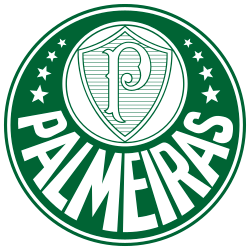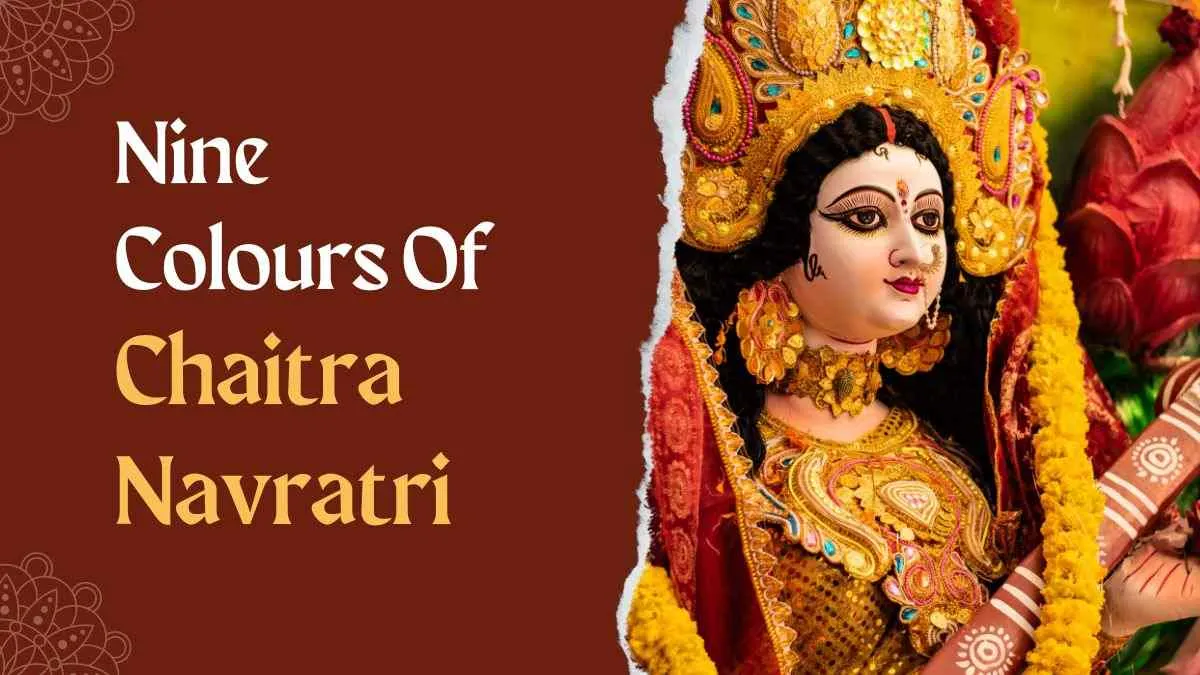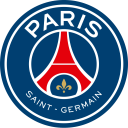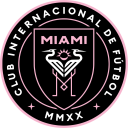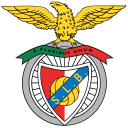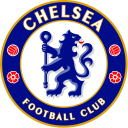
Sociedade Esportiva Palmeiras, often simply called Palmeiras, is one of the most iconic and successful football clubs in Brazil and South America. Founded on August 26, 1914, in São Paulo, the club originally went by the name Palestra Italia, created by Italian immigrants who wanted to establish a team representing their community. However, during World War II, due to political pressure, the club changed its name to Palmeiras in 1942, embracing a broader Brazilian identity.
Palmeiras is widely known by its nickname “Verdão” (Big Green) due to the vibrant green color of its kit, symbolizing hope and vitality. Another nickname, “Porco” (Pig), which was initially used pejoratively by rival fans, has been embraced by the club’s supporters as a symbol of pride and resilience.
The club’s official colors are green and white, often worn with a classic design featuring a green shirt with white details, white shorts, and green socks. The emblem features a large “P” inside a green circle, often surrounded by stars representing their major titles.
Palmeiras’ home ground is the Allianz Parque, also known as the “Arena Palmeiras,” which opened in 2014. Located in São Paulo, this modern stadium can accommodate about 43,000 spectators and is renowned for its excellent facilities and passionate atmosphere. The arena not only hosts football matches but also concerts and events, serving as a cultural hub for fans and the city.
Palmeiras is one of Brazil’s most decorated clubs with an impressive trophy cabinet that showcases success at both national and international levels:
-
Campeonato Brasileiro Série A: Palmeiras has won this top-tier Brazilian league multiple times, securing their status as national champions on numerous occasions. Their recent dominance in the 2010s and 2020s has reasserted them as a powerhouse in Brazilian football.
-
Copa do Brasil: Palmeiras has lifted the prestigious knockout tournament several times, demonstrating strength in domestic cup competitions.
-
Copa Libertadores: The club is a South American giant, having won the continent’s most coveted club competition, the Copa Libertadores, multiple times. Their triumphs in this tournament have cemented their place among the elite clubs of the Americas.
-
FIFA Club World Cup: While they have come close, Palmeiras are still chasing their first FIFA Club World Cup title, aiming to prove themselves on the global stage.
-
State Championships: The Campeonato Paulista, São Paulo’s state championship, is another area where Palmeiras boasts numerous titles, often battling their local rivals for supremacy.
Palmeiras shares intense rivalries with other major São Paulo clubs:
-
Corinthians: The clashes between Palmeiras and Corinthians, known as the Derby Paulista, are among the fiercest and most historic rivalries in Brazilian football, filled with passionate fans, dramatic matches, and rich history.
-
São Paulo FC: Another key rivalry, often dubbed the “Majestoso,” where tactical battles and skillful play have provided memorable encounters.
-
Santos FC: Known for its rich history with legends like Pelé, Santos also has a competitive rivalry with Palmeiras, especially in state championships.
Historically, Palmeiras has been known for blending physicality, tactical discipline, and technical skill. They often field teams that emphasize strong defense, quick counter-attacks, and creative midfield play. The club has nurtured and attracted many outstanding players over the years, including legends such as:
-
Marcos (Goalkeeper and club legend who led Palmeiras to several titles)
-
Roberto Carlos (World-class left-back who started his career at Palmeiras)
-
Gabriel Jesus (Young talent who rose through Palmeiras’ ranks before moving to Europe)
-
Zinho (Key midfielder during Palmeiras’ successful periods in the 1990s)
In the 2010s and into the 2020s, Palmeiras has experienced a resurgence, becoming one of the dominant forces in Brazilian football. Under various managers, the team has won multiple league titles and Copa Libertadores trophies, often featuring a blend of experienced veterans and young talents.
Their modern approach combines tactical innovation with the development of youth academy products, making Palmeiras a well-rounded club with a bright future. The investment in infrastructure, including the Allianz Parque stadium, reflects the club’s ambition to be a top contender both domestically and internationally.
Beyond football, Palmeiras is deeply woven into the cultural fabric of São Paulo and Brazil. Its origins as a club founded by Italian immigrants reflect Brazil’s diverse heritage, and its evolution mirrors the country’s broader social dynamics. Palmeiras has a vast and passionate fanbase not only in São Paulo but across the country, known for their unwavering support and vibrant matchday atmosphere.


